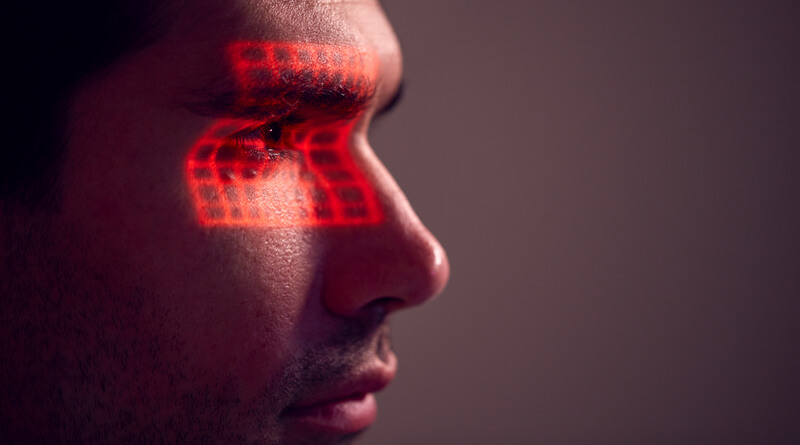Healthcare Data Security: How Doctors and Nurses Access, Utilize, and Protect Your Information

The following guest post on healthcare data security was submitted by Brooke Chaplan.
Anyone who has been to a doctor’s office, hospital or other healthcare institution knows that these can be busy places with patients waiting to be seen and professionals bustling about to perform their duties. With all of this activity going on and various personnel involved in your care, you may wonder about the security of your medical records. Sensitive information lies within the paper and electronic files used by your medical providers. Let’s take a look at how doctors and nurses access, utilize and safeguard your healthcare data.

Docs and nurses need access to your protected health information (PHI) to provide you optimal care. What steps are they taking to protect that healthcare data?
Confidentiality, Privacy, and Security
First, it’s important to identify the difference between three different terms that are often used interchangeably within healthcare. The concepts of confidentiality, privacy and security are related, but each has its own significant meaning with regard to balancing the needs of patients, providers, the public and other relevant parties such as insurance personnel. When discussing confidentiality in the medical field, the term refers to the duty of personnel to hold any patient healthcare data to which they have access in the strictest of confidence.
Privacy is a separate concept that has to do with an individual patient’s right to decide how personal medical information is shared and with whom. You may be familiar with HIPAA, the Health Insurance Portability and Accountability Act. This statute by the federal government states that, while a patient’s right to privacy and control of their healthcare data still exists, there are some parties to whom such data can be shared without prior patient approval. These include public health officials, health organization administration and payment providers. Finally, there is security, which is all about the protection of confidentiality and privacy of patients. It refers to the ways in which healthcare data is stored and accessed.
Medical Records and Their Use
Your medical records contain a wide range of information. Your full name and unique patient number within that particular healthcare network is stored in your records, along with demographic data like your date of birth, gender and race. Your allergies, medical conditions, lifestyle habits in addition to detailed accounts of every provider visit, lab result, prescription and referrals. Your payment, billing and insurance information are also kept in your medical records, as is your family medical history.
Organizational Policies and Procedures
As you can see, there is a great deal of sensitive and personal healthcare data kept within your individual medical records. In order to ensure the privacy and confidentiality of patient data, healthcare and medical organizations pay special attention to create structured policies and procedures regarding the way such information is handled, stored and accessed. Each network will have its own unique set of guidelines, but the matter is taken very seriously among medical providers. In fact, an entire profession known as healthcare or nursing informatics is dedicated to the management of healthcare data. Many universities also offer a masters in nursing informatics program. An informatics expert is usually employed to help organizations protect patient health information and to ensure only necessary professionals can gain access.
Healthcare providers work hard to care for your medical needs. They are also concerned with the proper care of your personal data. You can rest assured that procedures are in place to ensure the security of your private and confidential information.
Author Bio:
Brooke Chaplan is a freelance writer and blogger. She lives and works out of her home in Los Lunas, New Mexico. She loves the outdoors and spends most her time hiking, biking and gardening. For more information contact Brooke via Twitter @BrookeChaplan.









Leave a Reply
Want to join the discussion?Feel free to contribute!